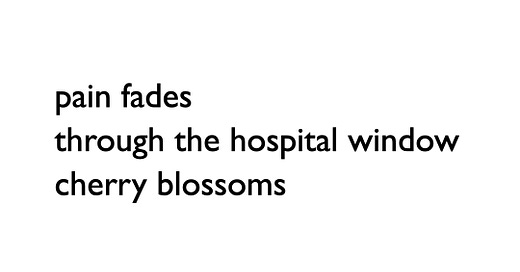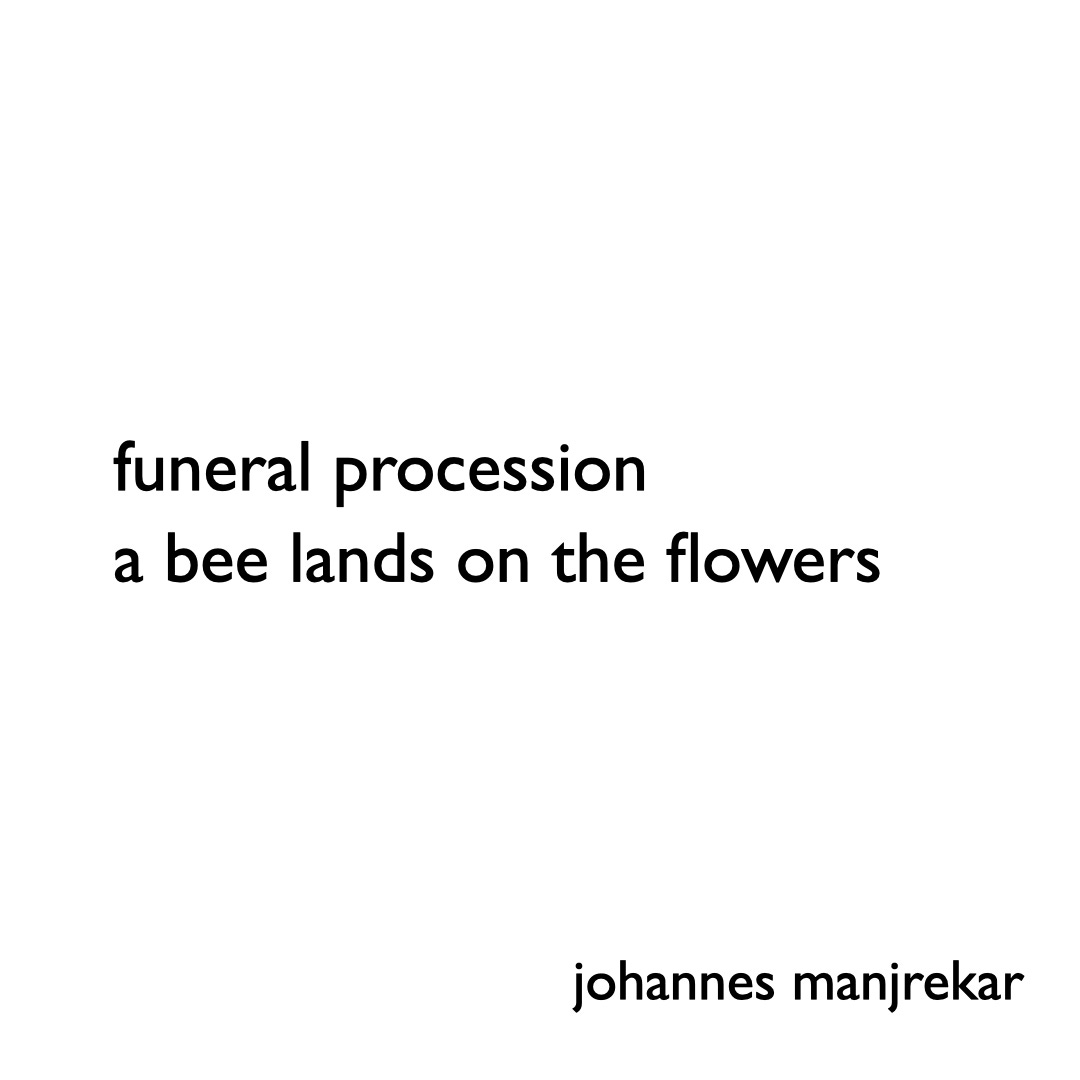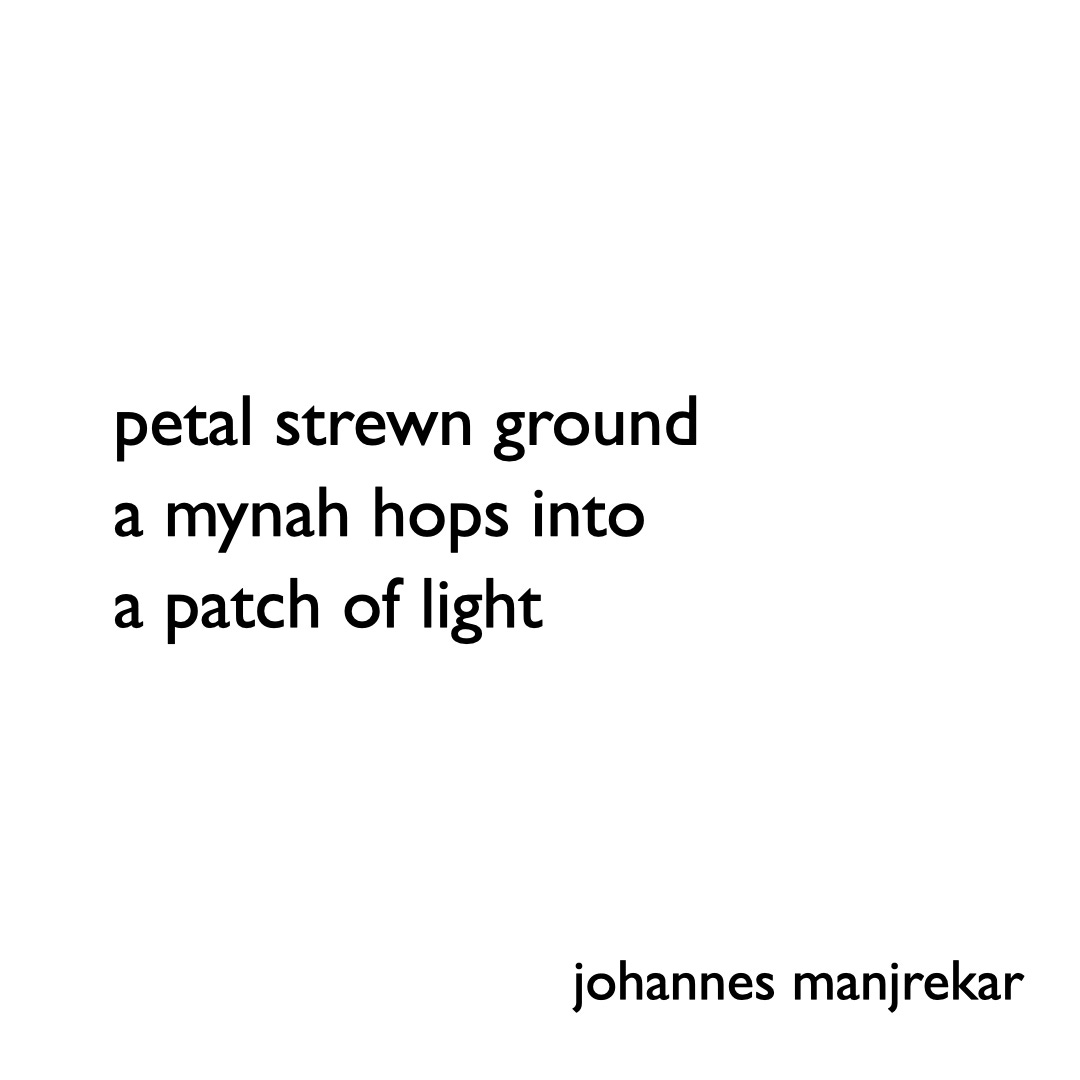3 Haiku from "First Katha Book of haiku, senryu, tanka & haibun"
Amitava Dasgupta, Johannes Manjrekar
I have started to make my way unsteadily between pixelated snatches of reality. News comes in screenshots or memes, calls for help follow a template of grief, messages from loved ones' ring with the same perfunctory dabs at a routine of alternating concern and resignation. Outside, the leaves rustle lazily.
I find moments of silence between the data deluge.
I gravitate towards poetry that recedes into the landscape it inhabits:
Haiku is also called “the wordless poem”, meaning the words are so simple that they seem to drop away, and what’s left behind is the image, clearly etched in the reader’s mind. There is a saying, “when you point to the moon with your bejewelled hand, all I see is your hand”
- from Kala Ramesh’s preface in First Katha Book of haiku, senryu, tanka & haibun
The 3 haikus I share today alight on the window of a reverie, looking in for the briefest of moments, before vanishing in a spray of the evening’s dust.
This post is a tribute to those who suffer quietly, in the hope that they will find strength.
Remembering the beautiful Johannes Manjrekar.
I have shared haiku and minimalist poetry (inspired by the haiku masters) here in the past. Check out Brian Bilston’s Year to date, haikus from Haiku: poetry ancient and modern, 3 vignettes by Aranya, Ezra Pound’s In a station of the metro , William Carlos Williams’ This Is Just to Say and The Red Wheelbarrow.





